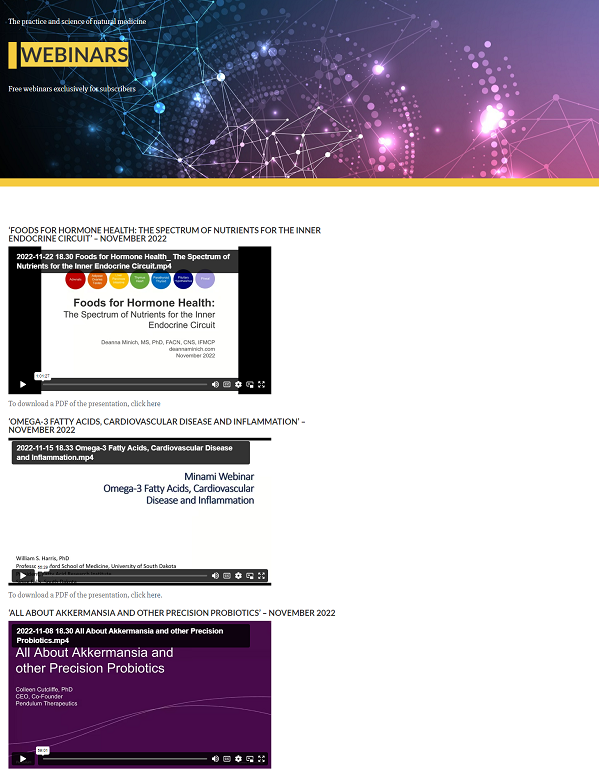Integrative Health &
Applied Nutrition
magazine (IHCAN)
Integrative Health &
Applied Nutrition
magazine (IHCAN)
Great news!
We’re CPD accredited!
We know how important CPD is to our readers, that’s why we’re delighted that reading IHCAN counts towards your self-certified CPD with BANT, the NNA and the ANP.
There’s CPD and there’s IHCAN CPD. Feel the difference.
Editor’s note –
January 2026
Let’s make orthodox medicine the new complementary therapy
Mainstream medicine has failed spectacularly at chronic disease – while claiming to be the gold standard.
Time for a sideways promotion.
The NHS waiting list just hit 7.4 million. Obesity rates keep climbing. Cancer treatments have made a dent in mortality but count 5 years as long-term survival. Alzheimer’s? Complete failure. Around 4.5 million people in England and Wales – or about 1 in 10 of us – are “off sick” and claiming illness benefits.
Orthodox medicine is brilliant at acute care. Broken leg? Heart attack? A&E please: I don’t want a homeopath.. But chronic disease? It’s been an expensive disaster, propped up by journals publishing bad science and heavily influenced by Big Pharma.
In England, 40% of adults have at least one long-term condition – conditions that nutrition and lifestyle can largely control. Yet we’re spending 40% of the NHS budget treating preventable diseases with pharmaceuticals. Included there is £1.67 billion on diabetes medications in 2023-24; a 74% increase since 2015-16 for a condition that’s treatable with food.
Research from the European Prospective Investigation into Cancer and Nutrition tracked 23,000 people. The findings: lifestyle changes could potentially prevent 93% of diabetes cases, 81% of heart attacks, 50% of strokes, and 36% of all cancers.
Meanwhile, Type 2 diabetes – once a progressive condition requiring lifelong medication – is going into remission through nutritional intervention. Dr David Unwin’s low-carb practice has put 141 patients into drug-free type 2 diabetes remission, supported by peer-reviewed studies showing improved HbA1c and weight loss without pharmaceuticals No drugs. Food.
But 70% of UK medical students and doctors report receiving fewer than TWO HOURS of nutrition teaching during their entire medical school education. Two hours. To learn about the single most powerful intervention for preventing the diseases that consume 40% of NHS spending.
As nutrition and lifestyle factors – including exercise (another missing ingredient in medical education) drive most chronic conditions, this is like training firefighters but never mentioning water.
Diseases we’re told require lifetime medication have been shown to be reversible through nutrition and lifestyle changes. Yet orthodox medicine routinely prescribes drugs for life. Statins, antihypertensives, antiplatelets and anticoagulants; thyroid hormones; drugs for osteoporosis; corticosteroids and long acting bronchodilators; anti-depressants…and yes, even PPIs (as revealed in our November issue).
So let’s do this. Let’s “promote” orthodox medicine out of the way.
First-line treatment for chronic disease should be nutritional therapy, naturopathy and functional medicine approaches. Orthodox medicine becomes the backup – the complementary option when diet and lifestyle intervention isn’t enough.
…
...Read more...
…
Can you catch flu?
A paediatric emergency medicine consultant has been widely quoted in the mainstream media, claiming she is seeing the “most severe influenza outbreak” she has experienced.
She’s been at the Royal Belfast Hospital for Sick Children for all of 15 years, so maybe that’s not saying much. Whatever, let’s get to the main thrust of things, which is that orthodox medics and the media are whipping up a panic – and completely missing the point.
1. Most children recover from flu without any treatment in about seven days: this is well-known and actually stated on the website of the Belfast Health and Social Care Trust.
2. Consultant Dr Julie-Ann Maney is one of many planting the seed that “This is a particularly virulent strain of influenza”.
Really?
Or is the truth of the matter that children and older adults are already sicker than ever and now lack the resources to treat colds and flu like the natural cleansing detox response they really are? In the age group currently most affected – children 5-14 – 25-35% are overweight or obese, for starters. And getting on for 60% of total energy intake in the UK diet comes from ultra-processed foods.
3. The NHS is overwhelmed – when isn’t it?– with people pouring in with flu. But most of them don’t need to be there. This new nation of snowflakes is notorious for turning up and demanding emergency care for everything from sprained ankles to ingrowing toenails.
4. You know you’re in some sort of fake news psy-op when politicians get wheeled out to reinforce the party line. Northern Ireland’s Heath Minister Mike Nesbitt was the first to appear. In a PR visit to the hospital, with media on hand, he said: “The best defence against catching the flu is the vaccine”.
No it isn’t.
The best defence against “catching” the flu is a healthy, resilient immune system.
Never mind that multiple contagion studies have shown it’s near impossible to “catch” anything.
Read my mini-interview with Daneil Roytas (page 8) and savour the idea that colds and flu are the equivalent of the seasonal shedding of leaves that trees go through every autumn.
What’s included with your subscription…
 Buy a subscription and we plant a tree
Buy a subscription and we plant a tree
We care deeply about the planet and creating a business that gives back to nature.
That’s why we’ve partnered with One Tree Planted to plant a tree on your behalf, as a thank you for subscribing.
Trees clean our air and water, create habitats for biodiversity, contribute to our health and wellbeing, and create jobs for social impact.
 Buy a subscription and we plant a tree
Buy a subscription and we plant a tree
We care deeply about the planet and creating a business that gives back to nature.
That’s why we’ve partnered with One Tree Planted to plant a tree on your behalf, as a thank you for subscribing.
Trees clean our air and water, create habitats for biodiversity, contribute to our health and wellbeing, and create jobs for social impact.

“I consider IHCAN magazine to be a good reference source because the authors
are reputable, sound-thinking experienced clinicians. I read it to keep
up-to-date with current trends. Keep up the good work!”
Susan Farrer
We’re always fully referenced
We don’t put a big emphasis on being “evidence based” in the conventional sense, mainly because the bulk of the evidence used in meta analyses and systematic reviews and to produce “guidelines” is not to be trusted. As Prof Richard David Feinman puts it, the meta-analysis is the “most dangerous” activity plaguing modern medical literature. And RCTs are of no use in assessing complex conditions that we address with multiple interventions – such as Dr Dale Bredesen’s Alzheimer’s protocol. Likewise, we highly value the hard-won clinical experience of multiple practitioners accumulated over the years and handed down over generations of evolving natural medicine practice. That said, we do put a lot of effort into referencing our features. References are online to save space, available within our members area.

We’re always fully referenced
We don’t put a big emphasis on being “evidence based” in the conventional sense, mainly because the bulk of the evidence used in meta analyses and systematic reviews and to produce “guidelines” is not to be trusted. As Prof Richard David Feinman puts it, the meta-analysis is the “most dangerous” activity plaguing modern medical literature. And RCTs are of no use in assessing complex conditions that we address with multiple interventions – such as Dr Dale Bredesen’s Alzheimer’s protocol. Likewise, we highly value the hard-won clinical experience of multiple practitioners accumulated over the years and handed down over generations of evolving natural medicine practice. That said, we do put a lot of effort into referencing our features. References are online to save space, available within our members area.

START YOUR SUBSCRIPTION TODAY
Whether you prefer print or digital subscriptions, we’ve got you covered. And remember, ALL subscriptions include access to all the references,
an archive of searchable back issues stretching back to 2014 and lots of free webinars.




Contact us
Target Publishing Ltd
The Old Dairy Hudsons Farm Fieldgate Lane
Ugley Green
CM22 6HJ
UK
Tel. 01279 810080
Email. info@targetpublishing.com
WhatsApp. 07457 405049
Quick Links
Subscribe
Advertise with us
Log In
IHCAN Conferences (online education)
IHCAN Summit (live in-person events)
References
Contact us






















